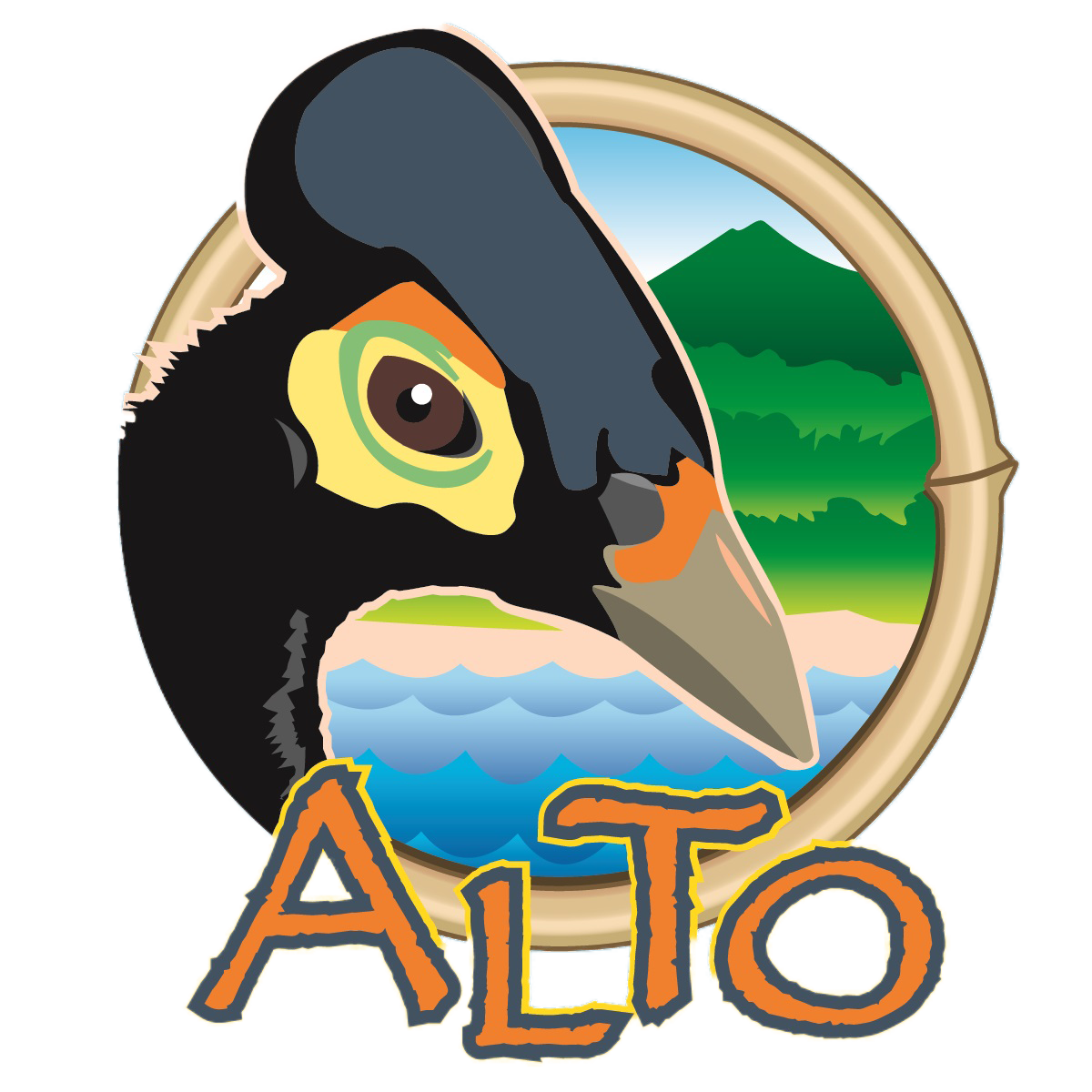Maleo
The Maleo Bird
What we do
Iconic, yet critically endangered, the maleo bird, Macrocephalon maleo, is a natural treasure. In partnership with local villagers, AlTo works to protect the maleo at three sites in the Tompotika landscape: the Kaumosongi site near the villages of Toweer and Teku; the Panganian site near Pangkalaseang village, and the Libuun site near the village of Taima, where more maleos currently nest than anywhere else in the world.
Working side by side, teams of villagers and AlTo staff guard the nesting ground round the clock, ensuring that adult maleos can lay their eggs in peace, eggs are safe from poaching, and maleo chicks can hatch out undisturbed in their natural environment. AlTo’s approach centers on protecting maleo nesting grounds and forest habitat, but allowing eggs to hatch naturally in place, without hatcheries, incubators, or other human intervention.
Since 2006, when villagers first requested AlTo’s help to prevent the maleo’s extinction, virtually all poaching at protected sites has ceased, opening the way for steady increases in maleo numbers. Though continuing to decline elsewhere in its range, with the cessation of poaching facilitated by the AlTo-villager teams, maleo populations at these protected sites are now recovering; at the Taima-Libuun site, maleo numbers have quadrupled since the project began. At the same time, AlTo works with government and villagers to protect essential forest habitat that connects and sustains maleos on and off the nesting grounds.
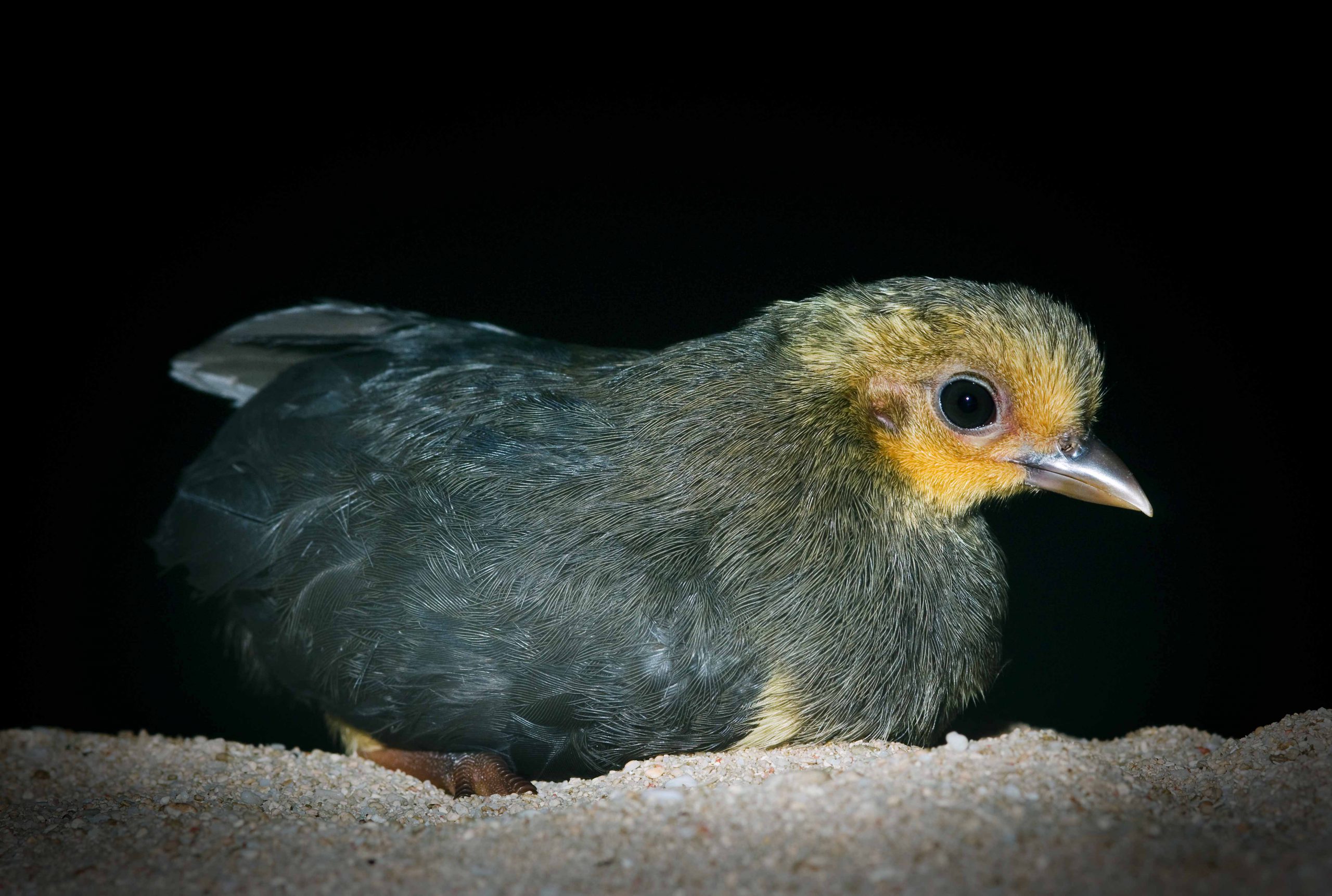
Critically Endangered and protected by law
The evolutionarily-unique maleo is found only on Indonesia’s island of Sulawesi, and used to be common there. British naturalist and explorer Alfred Russel Wallace, writing in the 1860’s, described Sulawesi beaches “black” with hundreds of maleos, but nowadays habitat destruction and excessive harvest of their eggs by humans has led to the maleo’s steep decline. In fact, the maleo has declined by over 90% or has disappeared completely from many parts of Sulawesi.
The iconic maleo plays an important role in Sulawesi culture and traditions. Its image is seen all over Sulawesi as a symbol, a mascot, and a focus of cultural pride. But it’s not only important in Sulawesi; the maleo is number 14 on the government of Indonesia’s nationwide list of its highest-priority species for conservation. The maleo’s extinction would be a huge loss to Sulawesi’s cultural heritage and to the world–but AlTo’s success with community-based nesting ground protection proves that such a tragedy can be averted.
A Remarkable Bird
The maleo has a unique life history. Adult maleos are usually found in pairs, and spend most of their time in native Sulawesi rainforests. But when ready, a male and female maleo pair will travel on foot many kilometers to a communal nesting ground, usually on a coastal beach or near a hot spring.
There, the maleo pair will spend hours digging a large pit, in which the female will lay one single, enormous egg. The maleo bird is about the size of a domestic chicken, but the maleo egg is six times the size of a chicken egg!
Having laid their egg, the maleo pair will re-bury it as much as a meter deep in the sand, and then return to their rainforest home, leaving the egg to be incubated by the sun-warmed sand or hot spring heat. If left undisturbed, about 60-80 days later the chick hatches underground and digs its way to the surface. After a short rest, the chick will fly off into the forest to make its way entirely on its own, with no parental care at all!
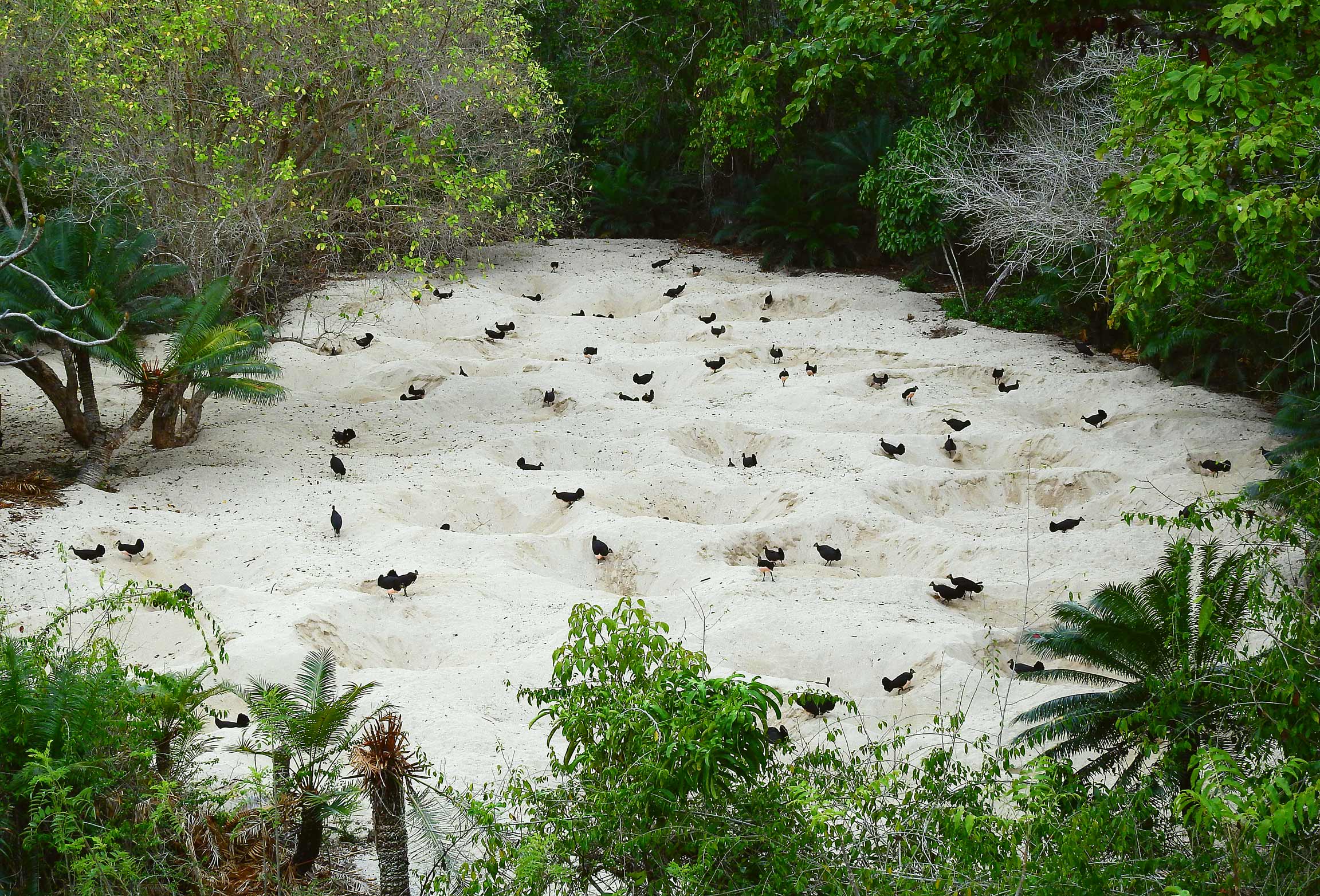
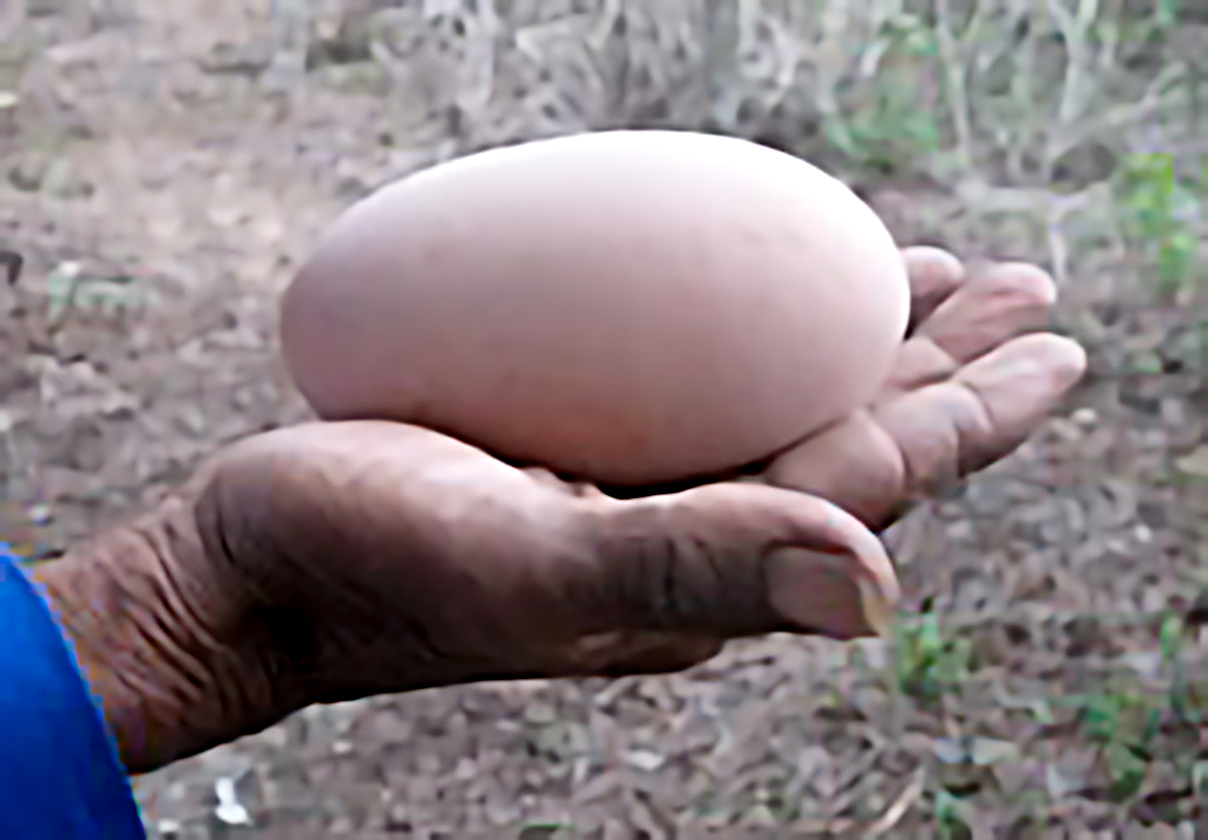
Egg-Poaching: The Killer Threat
The maleo is currently listed as “Critically Endangered” by the International Union for the Conservation of Nature (IUCN) and is fully protected under Indonesian law and CITES Appendix I. It is illegal to kill, take, harass, hold captive, or trade in maleo eggs, products, or live birds.
However, laws protecting them are rarely enforced, and maleos still suffer tremendous pressure from poaching. Their eggs are generally not needed for subsistence, but are routinely poached for sale as a status or luxury item. As found in recent research published by the AlTo team, egg poaching is the number one threat to maleo populations today, followed by degradation of travel corridors between forest and nesting grounds (read the research article here).
AlTo’s Maleo Conservation Efforts
AlTo’s maleo protection efforts began in 2006, after local Taima villagers requested international help to prevent the disappearance of their iconic maleos at the Libuun nesting ground.
At that time, virtually every maleo egg was being taken by poachers.
Thus the Alliance for Tompotika Conservation–AlTo–was born: a small group of Indonesian and international conservation professionals joining together with local environmentalists, villagers, and government officials to launch an experiment in collaborative, community-based conservation. What began as a six-month trial moratorium on the taking of maleo eggs was so successful that the maleo’s decline has reversed and the Libuun maleo population has quadrupled. (Read the research article here.) With the blessing of the government wildlife agency BKSDA, AlTo has since partnered with more villages to expand the model to two additional nesting grounds in the Tompotika area, Kaumosongi and Panganian.
AlTo’s maleo conservation efforts also include a wide-ranging maleo Conservation Awareness Campaign, field trips, and more.
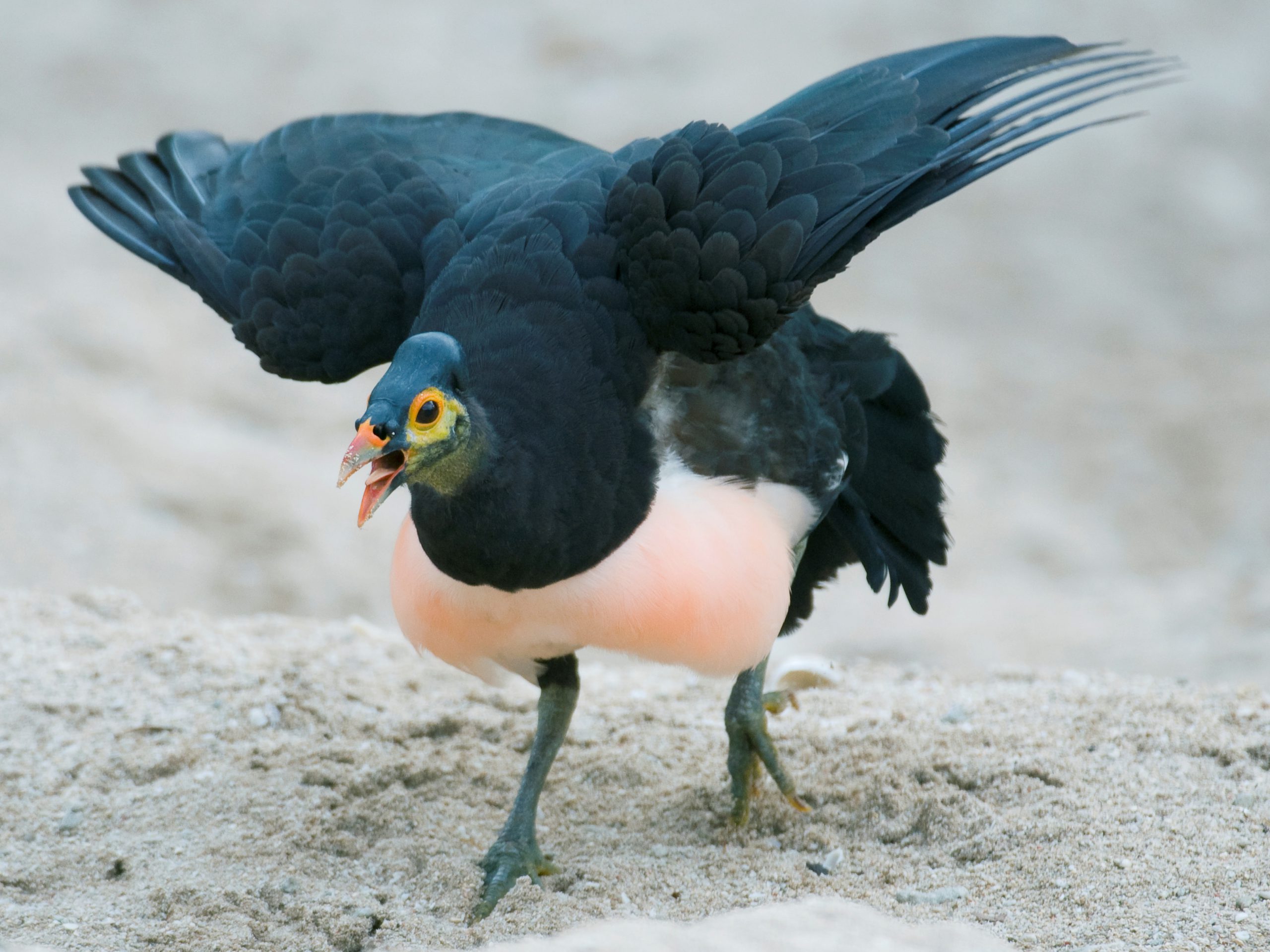
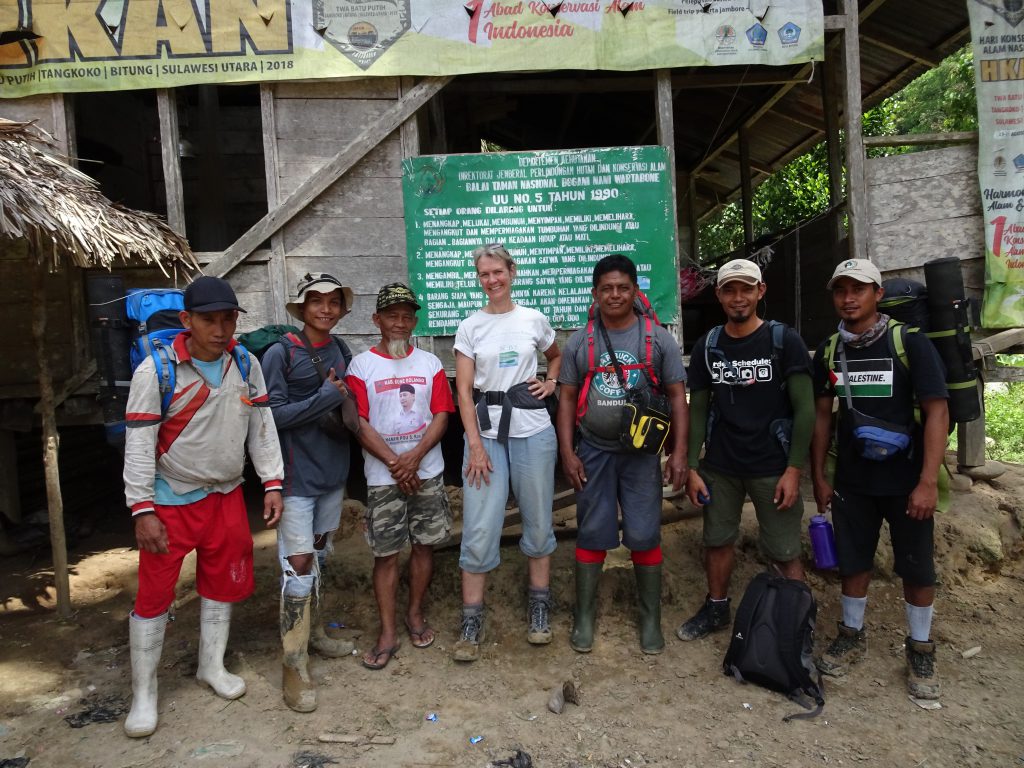
Research for a brighter future
But although ending poaching has allowed Tompotika’s maleo populations to rebound locally, if this critically endangered species is to recover across its range and survive in our changing world, we must ensure healthy, robust, and resilient maleo populations across Sulawesi. In order plan for the maleo’s needs, it is essential to learn facts that are currently unknown, such as, “how many eggs does a maleo female lay each year?”; “how far do they travel between forest and nesting ground?”: and “how many maleos survive from year to year?”
In 2017, in collaboration with University of Newcastle, U.K. and Sam Ratulangi University, Manado, Indonesia, and involving local maleo experts and former poachers, AlTo initiated a research program designed to answer these and other questions essential to the maleo’s long-term survival. Read more about AlTo’s research program here.
Benefits to the Community
Jobs and Other Tangible Benefits
The job of guarding at the maleo nesting ground rotates among villagers, involving and supporting many families with the salary paid.
In addition, as a kind of “thank you” from the international community for villagers’ commitment to conserving the maleo, AlTo ensures that people in its partner villages receive community-wide benefits such as eyeglasses, repairs to community buildings, improved trash management equipment, or other needs as identified by villagers themselves.
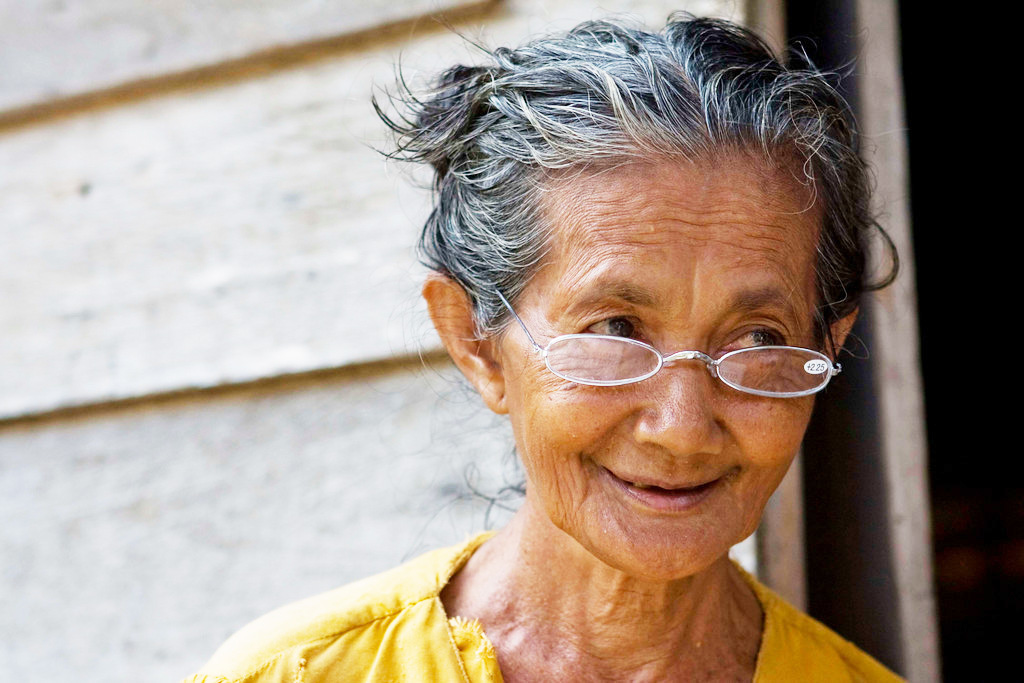
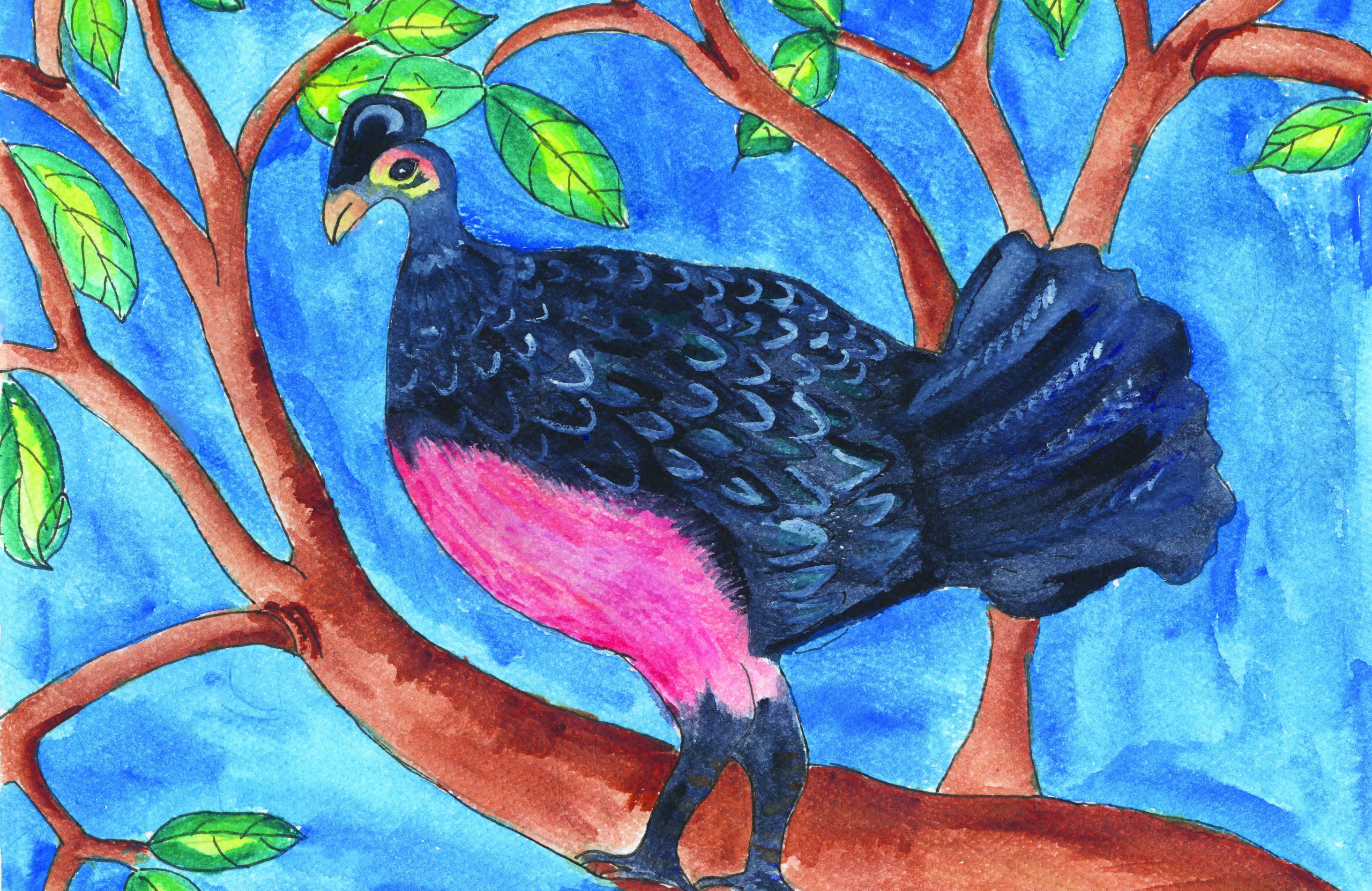
Maleo–The Pride of Tompotika
But it’s not only conservation’s economic benefits that Tompotikans value. Tompotika residents have also expressed a great sense of well-being and pride in conserving the maleo. This sense was reinforced in 2010, when Taima village was awarded the Maleo Award from the international conservation community. And in Toweer/Teku villages in 2019, villagers demonstrated their pride in their conservation efforts by requesting, as a priority community “need,” a large public statue of the maleo.
what you can do
You can support AlTo’s maleo conservation efforts
Please to donate to help support the cost of villager-AlTo guard teams, and keep maleo numbers growing. Donate
Visit the maleos
Maleos are very shy and sensitive birds, so most of AlTo’s sites are not open to the public. However, the Taima-Libuun maleo nesting ground is an excellent place to view nesting maleos and is open to visitors by advance arrangement. For details on visiting the site, click here and view the nesting ground visitation rules in both English and Bahasa Indonesia.
For those traveling to the area from outside Indonesia, please be aware that the area is somewhat remote and difficult to reach. We recommend that you work with a local guide, such as Malia Tours. Please view wild maleos with respect, keep your distance, and do not disturb them.
Be Aware and Spread the Word
And please remember when in Indonesia: if ever you encounter maleo eggs for sale, do not buy or consume them! Taking, buying, or trading in maleo eggs or products is forbidden by Indonesian law, and violators are subject to substantial fines or jail. Taking maleo products out of the country is also strictly forbidden.
However, please do enjoy and celebrate the evolutionarily unique and iconic maleo, pride of Sulawesi and of Tompotika, where–thanks to the AlTo-community partnerships–the critically endangered maleo is recovering.
